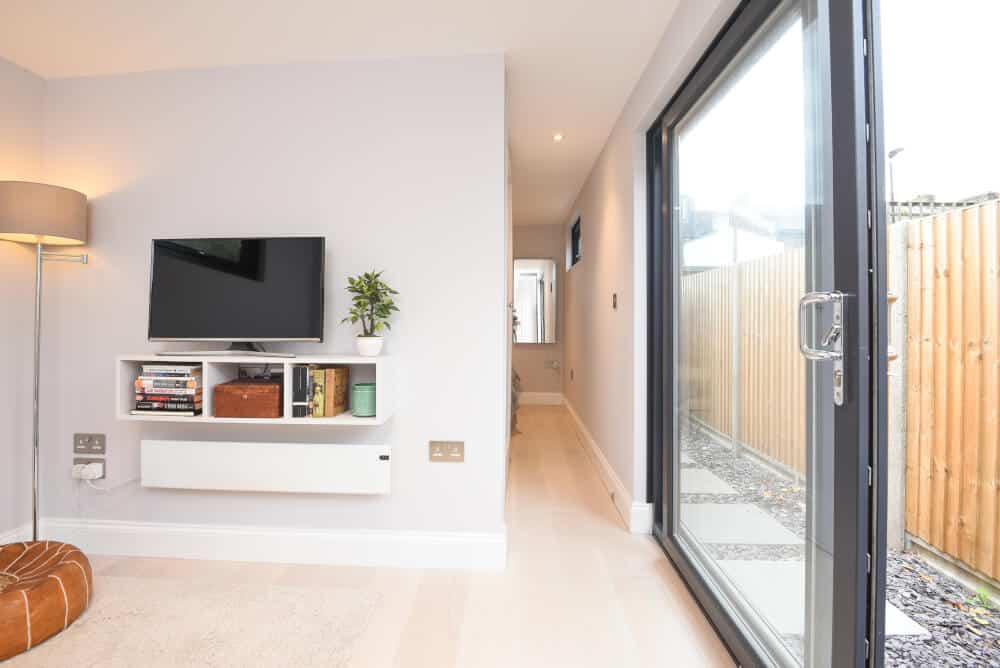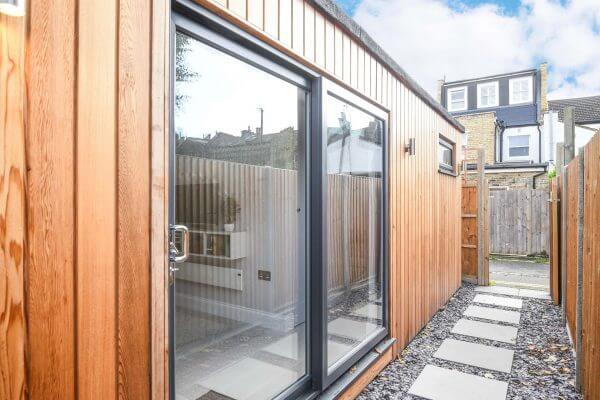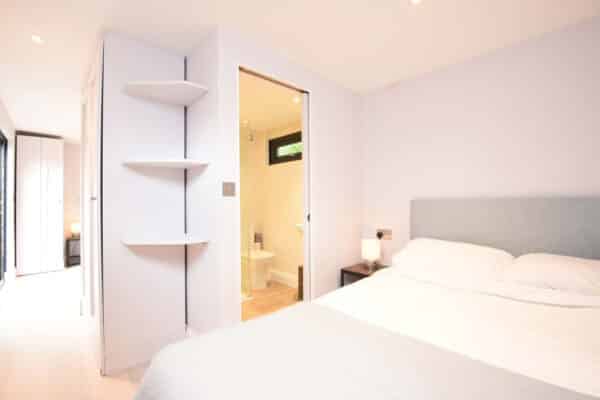
Garden Rooms
Garden rooms have emerged as an increasingly popular addition to homes across the United Kingdom, offering a versatile, stylish, and private space that seamlessly integrates into the outdoor environment. Unlike traditional conservatories or standalone sheds, garden rooms are purpose-built, often featuring high-quality construction, thermal insulation, and sophisticated finishes, making them suitable for a variety of uses throughout the year. Whether utilised as a home office, craft studio, gym, guest accommodation, or a peaceful retreat away from the main house, garden rooms provide a unique opportunity to extend living space without the inconvenience and expense of traditional extensions or moving.
 One of the primary attractions of garden rooms is their flexibility. Designed with bespoke requirements in mind, these structures can be customised to suit individual tastes and needs, blending seamlessly with the landscape and the style of the existing property. Homeowners can select materials, colours, and finishes to complement their garden and home exterior, creating a harmonious aesthetic that enhances the overall appearance of the property. Modern garden rooms often feature large glass doors and windows that flood the interior with natural light, fostering a bright and welcoming environment and making the space feel larger than it actually is. These eco-friendly structures often incorporate energy-efficient insulation, heating, and ventilation systems, ensuring they remain comfortable in all seasons and reducing long-term running costs.
One of the primary attractions of garden rooms is their flexibility. Designed with bespoke requirements in mind, these structures can be customised to suit individual tastes and needs, blending seamlessly with the landscape and the style of the existing property. Homeowners can select materials, colours, and finishes to complement their garden and home exterior, creating a harmonious aesthetic that enhances the overall appearance of the property. Modern garden rooms often feature large glass doors and windows that flood the interior with natural light, fostering a bright and welcoming environment and making the space feel larger than it actually is. These eco-friendly structures often incorporate energy-efficient insulation, heating, and ventilation systems, ensuring they remain comfortable in all seasons and reducing long-term running costs.

The process of installing a garden room involves careful planning and consideration of several factors. First, planning permission must be checked to ensure that the proposed structure complies with local regulations. In many cases, planning permission is not required for smaller garden rooms, provided they meet specific size and position criteria—such as being located a certain distance from the boundary or not exceeding a particular height. It is advisable to engage with local planning authorities early in the process to clarify any restrictions or requirements. Additionally, the choice of foundation is an important consideration; most garden rooms can be built on simple concrete slabs or adjustable foundations, which are quick to install and minimise disturbance to the existing garden landscape.
Design-wise, homeowners should consider how the garden room will be used. If intended as a workspace or studio, an open plan layout with ample power points, internet connectivity, and lighting is essential. For relaxation or entertainment purposes, the inclusion of features such as a small kitchenette, heating, or even a built-in sound system can be added. For those using it as guest accommodation, consider insulation, ventilation, and the installation of a compact bathroom or nearby plumbing options. The design should also factor in accessibility, ease of maintenance, and security, with lockable doors and windows, alarm systems, and appropriate lighting.
Budgeting for a garden room varies widely depending on size, specification, and level of bespoke detail. Typically, costs start at around £10,000 for a modest, pre-fabricated structure, rising to £30,000 or more for larger, fully customised builds with high-end finishes. It is recommended to seek quotes from reputable companies specialising in garden rooms, requesting detailed breakdowns of costs and project timelines. Professional installation ensures the structure is built correctly, meets safety standards, and is durable to withstand the elements. Although the initial outlay may seem substantial, a well-designed garden room can add significant value to the property and provide a functional space that enhances daily life.
The benefits of a garden room extend well beyond mere extra space. It creates a peaceful sanctuary, away from the hustle and bustle of the main house, promoting well-being and relaxation. The proximity to the garden allows users to connect with nature, offering a calming environment for hobbies, meditation, or outdoor entertaining. Additionally, since garden rooms are quick to install and often require less intrusive building work, they can be a cost-effective investment compared to traditional extensions. They also offer flexibility for future adaptation: a garden room can easily be repurposed or extended, aligning with changing household needs over time.
In summary, garden rooms have become an attractive option for homeowners seeking functional, aesthetic, and sustainable ways to expand their living space. By combining bespoke design, efficient construction, and strategic planning, these structures can significantly enhance the usability and beauty of a property, while also providing a tranquil retreat and improving overall property value. Whether serving as a productive workspace, a personal hobby space, or a guest suite, a garden room is a stylish and practical addition that complements modern living, connecting indoor comfort with the outdoor environment and offering a versatile solution to the evolving demands of contemporary life.

